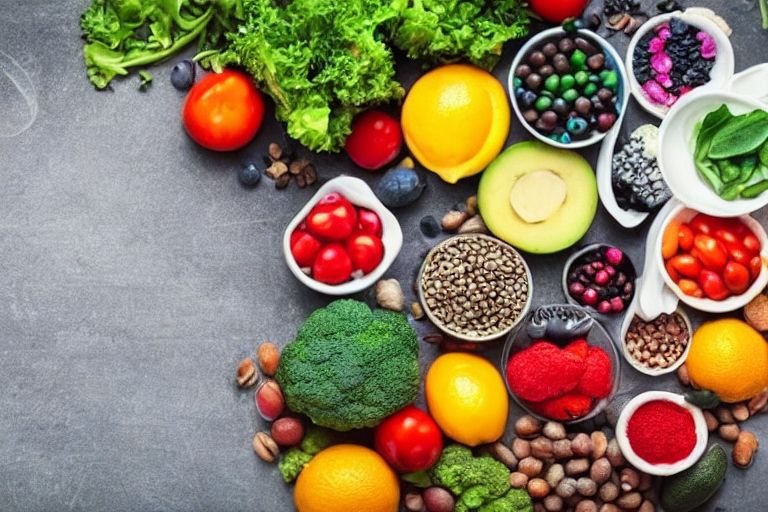The Perfect Recipe for Health: Balancing Macro and Micronutrients in Your Diet

When it comes to maintaining good health, there’s no doubt that a well-balanced diet plays a crucial role. A perfect recipe for a healthy body includes a careful balance of macros and micronutrients. Macros, or macronutrients, refer to the three main components of our diet: carbohydrates, proteins, and fats. On the other hand, micronutrients are the essential vitamins and minerals that our bodies need in smaller quantities but are equally important for overall well-being.
First and foremost, let’s talk about macros. Carbohydrates are the primary source of energy for our bodies and are found in foods like grains, fruits, vegetables, and legumes. Proteins, on the other hand, are the building blocks of our muscles, tissues, and cells, and they can be obtained from both animal and plant sources. Lastly, healthy fats provide us with concentrated sources of energy, support cell growth and protect our organs. Sources of healthy fats include avocados, nuts, seeds, and olive oil.
To create the perfect recipe for health, it is essential to strike a balance between these macronutrients. While it may vary depending on individual needs and goals, a general guideline is to ensure that 50-60% of our daily calorie intake comes from carbohydrates, 20-30% from protein, and around 20-30% from healthy fats. This balance provides us with the energy we need, supports muscle growth, and maintains overall health.
Now, let’s delve into the significance of micronutrients. While macros give us energy and support our bodily functions, micronutrients are essential for maintaining optimal health. These include vitamins such as vitamin A, B, C, D, E, and K, as well as minerals like calcium, iron, magnesium, and potassium. These nutrients are crucial for boosting our immune system, promoting healthy bones and teeth, supporting brain function, and preventing chronic diseases.
To ensure you’re getting all the necessary micronutrients, it’s crucial to consume a wide variety of fruits, vegetables, whole grains, lean proteins, and dairy or plant-based alternatives. Keep in mind that different foods contain different micronutrients. For instance, oranges provide vitamin C, while leafy greens such as spinach and kale are high in iron and calcium. By incorporating a diverse range of nutrient-dense foods into your meals, you can maximize your intake of micronutrients and reap the associated health benefits.
Apart from a balanced diet, it’s worth mentioning the importance of hydration. Water is a vital nutrient that our bodies need for almost every function. It aids digestion, regulates body temperature, lubricates joints, and helps transport nutrients throughout the body. So, it’s essential to ensure you’re drinking enough water throughout the day to maintain optimum hydration levels.
In summary, the perfect recipe for health hinges on finding the right balance between macronutrients and micronutrients. A well-rounded diet rich in carbohydrates, proteins, and healthy fats provides the necessary energy and ensures proper muscle growth and function. Simultaneously, incorporating a diverse range of nutrient-dense foods into your meals will help you meet your micronutrient needs. Finally, don’t forget to keep yourself well-hydrated by drinking plenty of water. By following these guidelines, you’ll be on your way to achieving and maintaining optimal health.
